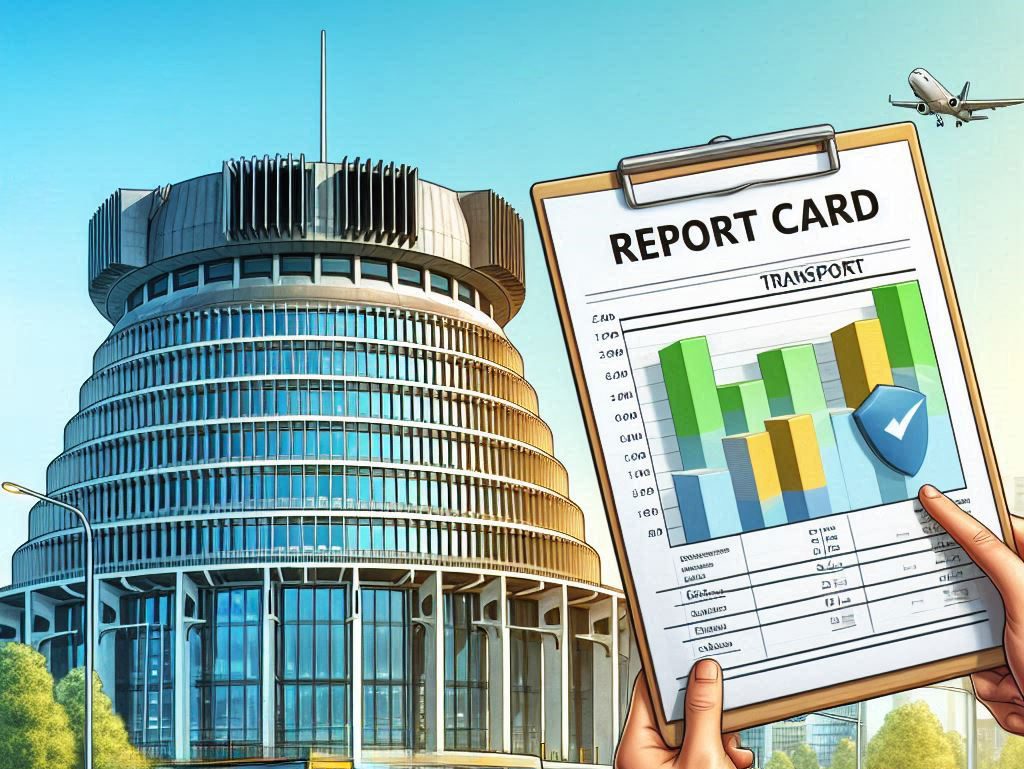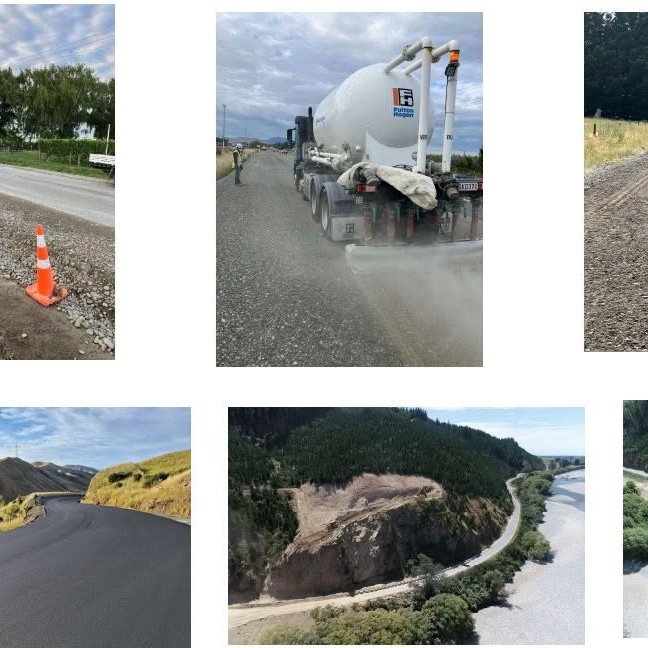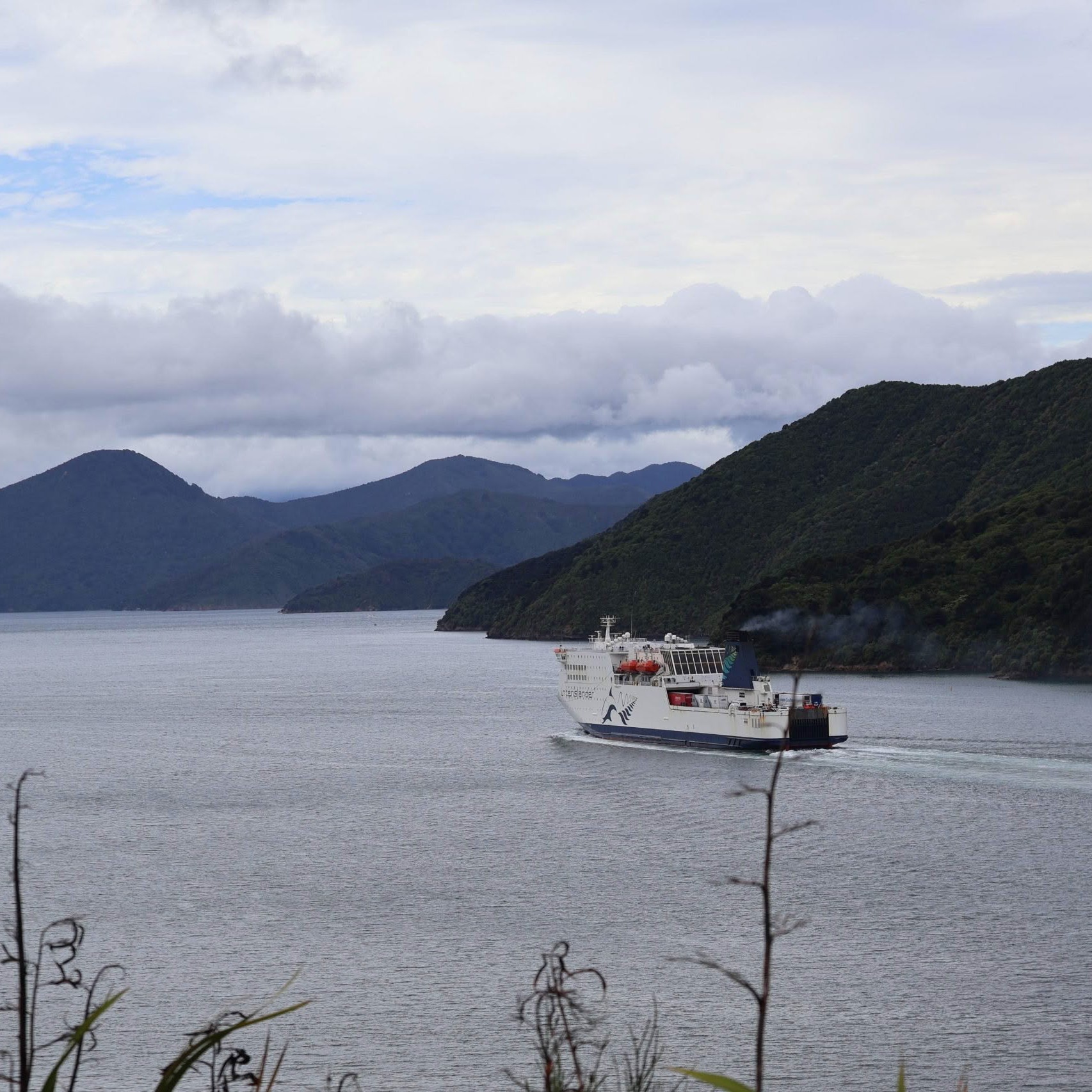
Transporting New Zealand says the Coalition Government is making good progress on transport, halfway through their first term and six months since Minister Chris Bishop was appointed to the portfolio.
However, the road freight body is warning that ongoing ferry delays and roading cost pressures are shaping up as big challenges.
Head of Policy and Advocacy Billy Clemens says that of the eight practical commitments identified in Transporting New Zealand’s (February 2025) Briefing to the Incoming Minister, the Government has achieved or progressed half, two were ongoing, and two had earned fail grades.
“Upon Minister Bishop’s appointment we identified eight quick-win commitments, across transport and other portfolios, that would provide practical support and reassurance to our road freight members.”
“This followed a similar list of priorities in our Briefing to Minister Brown in December 2023.”
Transporting New Zealand noted excellent progress on random roadside drug testing, tax incentives for business investments, vocational training reform, and road maintenance.
Progress on Cook Strait Ferry replacements, freight exemptions for congestion charging, and responding to cost pressure on roading projects had been disappointing.
“You’re starting to see the delay in ferry procurement start to bite, with the Awatere’s retirement leaving KiwiRail with only two vessels for the next four years.”
“NZTA’s proposed downgrades to the tolled Ōtaki to North of Levin new highway also demonstrate the need for the Government stump up with additional funding to deliver their roading promises.”
Transporting New Zealand says the Government also has an excellent opportunity to support safety and productivity outcomes through driver licensing and High Productivity Motor Vehicle reforms.
Transporting New Zealand’s Scorecard (as per quick-wins listed in their February 2025 Briefing to the Incoming Minister)
Transport
- Additional roading investment in Budget 2025 – Partially Achieved
While there were important boosts for road repair in Hawke’s Bay and the East Coast, the Budget should have provided additional support to the Roads of Regional and National Significance, that NZTA are now under pressure to downgrade, with serious implications for efficiency and safety.
- Random roadside drug testing – Achieved
Legislation enabling random roadside drug testing passed in March, with the support of National, ACT, New Zealand First, and Labour. The roadside drug testing regime is expected to be in place by December, with the government wanting police to undertake 50,000 tests a year.
- Freight exemptions to time-of-use charging – Ongoing
Congestion charging enabling legislation is currently being considered by the Transport and Infrastructure Select Committee. Transporting New Zealand’s suggested amendments would prevent congestion charges acting as a de facto goods tax.
- Tax incentives for efficient heavy vehicles – Achieved
The Government’s Investment Boost tax incentive will help get more productive, efficient heavy vehicles on the road, and support investment across the entire economy.
- Incentivising fleet renewal through emissions regulations – Ongoing
Work on vehicle standards and reducing regulatory barriers to importing efficient heavy vehicles is currently being worked through.
Transport, State-Owned Enterprises and Rail
- Prioritise the prompt delivery of replacement Cook Strait ferries – Not Achieved
It has been 539 days since Cabinet advised KiwiRail that the Government was pulling the plug on the iReX Project following repeated cost blowouts. Despite contrary advice from a Ministerial Advisory Group, the Government is proceeding with rail-enabled vessels, that have still not been procured.
Immigration and Workforce Development
- Support vocational training and allowing migrant drivers to fill critical workforce shortages – Partially Achieved
The Government’s tertiary education reforms will ensure automotive vocational education is relevant to both trainees and employers alike. However, the termination of the temporary residence pathway for migrant truck drivers has left businesses in hard-to-staff regions facing recruitment challenges.
ACC
- Save ACC’s Fleet Saver levy reduction programme – Not Achieved
ACC is proceeding to close the safe fleet management incentive to new members from this year, and close it completely in 2029. The Minister for ACC still has the opportunity to defer this decision until an effective alternative can be developed, that will maintain safety benefits for all road users.





